
Having a successful dropshipping company skips the hassle of managing inventory. Simply put, instead of stocking your products, you will have a supplier to ship bought items directly to your customers. No need for bulk purchasing and warehousing. This lets you focus entirely on driving sales and growing your business through digital marketing.
With Black Friday/Cyber Monday (BFCM) just around the corner, starting a dropshipping business is the perfect way to get a good start and take advantage of the Black Friday surge. In just a few days, you can set up a store and get closer to launching just in time for the big weekend sale.
Here’s how you can quickly start a successful dropshipping business that is ready for the Black Friday/Cyber Monday weekend.
Step 1: Find a Product Niche
Estimated time: 12 hours
To get a good start in preparation for Black Friday, your first step is finding the right product niche. While it’s tempting to go with the first product that comes to mind, it is still important to invest time finding untapped niche. In fact, finding an untapped niche may be the key difference in your success. Here’s how you can approach this:
- Generate Niche Ideas: Start by creating a list of areas that you find interesting. Think of topics like wellness, outdoor adventure, sustainable products. Having a personal connection to the niche is also ideal as it keeps you motivated and will make it easier for you to connect with your target market once you start marketing.
- Research Demand and Competition: Use tools like Google Keyword Planner to assess search volumes for your ideas. The idea here is simple. Go for search volume that is not very high (meaning high competition), but also not very low (meaning low demand). Your goal is finding that sweet spot where interest is high, but the competition is still manageable.
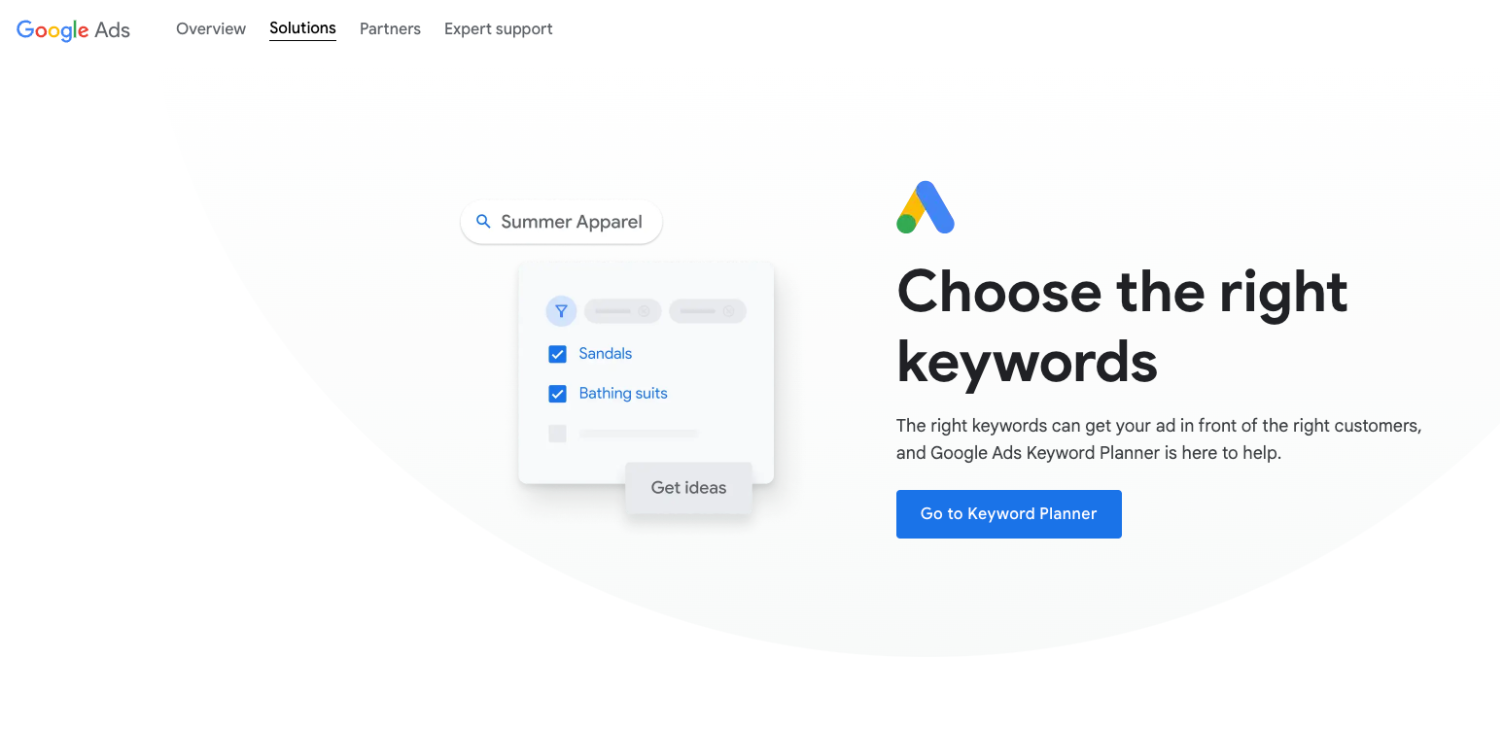
- Check Out the Competition: Find similar products on popular marketplaces such as Amazon, eBay, and Etsy. Check who’s already selling the product/niche you’re planning to sell. Check their social media and assess the customer interest such as comments, engagement, and shares. This can reveal if there’s space for your brand.
- Choose Products Easy to Ship: Choose products that are light and compact to help lower the shipping cost. Since your target is launching before BFCM, you need to be smart about choosing your product to sell to make the most out of it.
Step 2: Find a Supplier
Estimated time: 18-24 hours over the course of a week
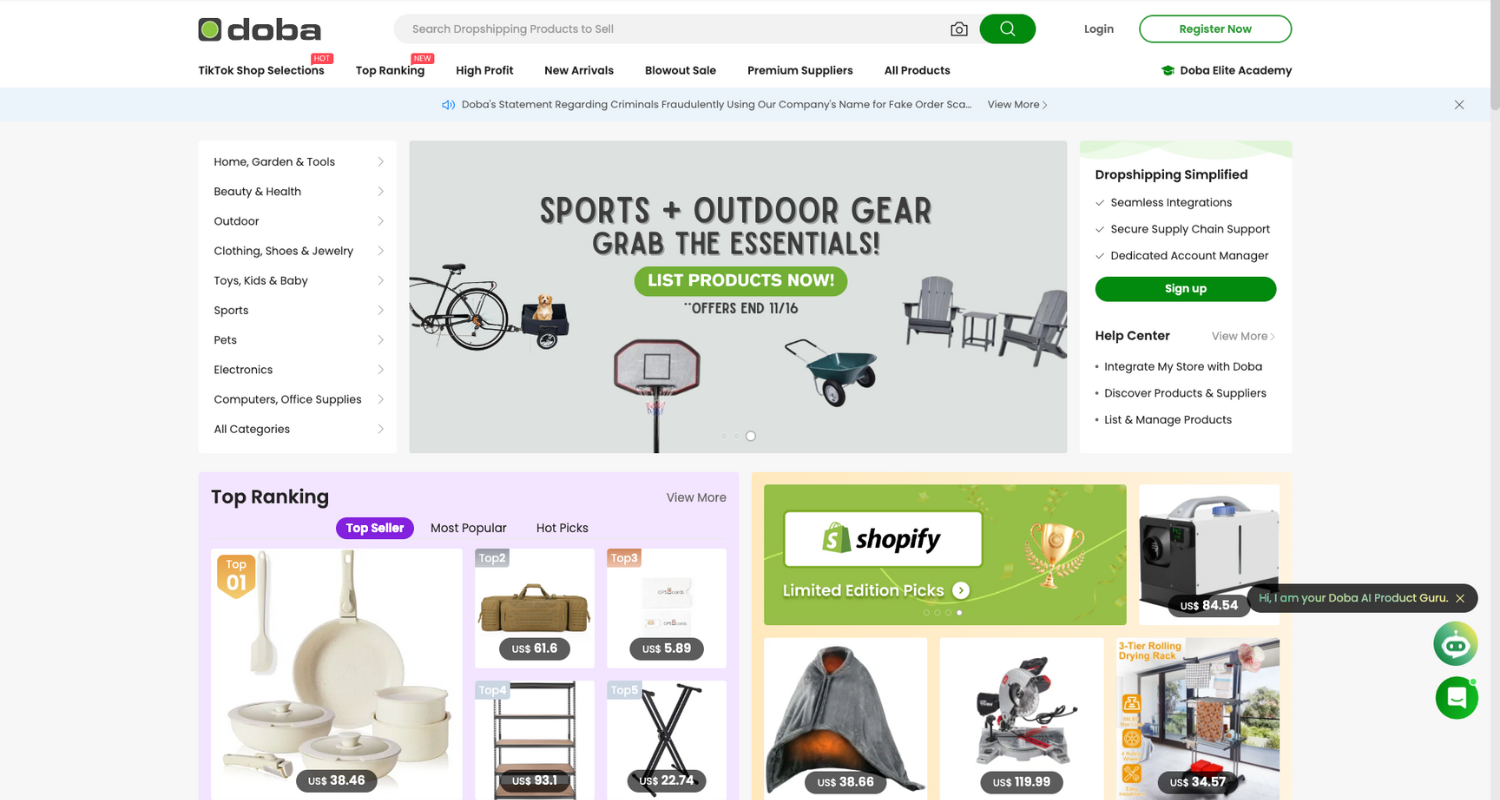
Initial Research
Use online directories to find suppliers and fulfillment centers that offer products in the niche you have selected. You can also search directly on Google, but supplier sites tend to be hard to find. It will take you longer and you will have to vet them thoroughly yourself, which can be a lengthy process.
- Worldwide Brands lists thousands of wholesalers and millions of products that you can get access to for a $299 lifetime membership. This is one of the oldest directories that vets the suppliers it lists, so it can save you a lot of time in finding a legitimate partner.
- SaleHoo boasts over 8,000 suppliers and a yearly fee of only $67. It caters to a lot of Amazon and eBay sellers.
- Doba offers 165 suppliers, 1.5 million products, and charges $24.99 per month. Doba is essentially a platform that allows you to place orders with suppliers. It also integrates with eBay, automating the listing of your items.
- Wholesale Central is a free directory that lists more than 1,400 suppliers and nearly a million products. And while it does vet its suppliers, they pay to be listed, so it is best if you invest some time in checking their legitimacy yourself.
One of the biggest choices you will have to make is between domestic and foreign suppliers. Consider things like communication, quality, and order fulfillment times. The size of the supplier also matters. With large foreign suppliers, you will have very little control over the process, while smaller domestic drop shippers can be more flexible.
Make a Short List
To ensure you’re prepared before the Black Friday weekend, create a short list of reliable suppliers. Here’s how you can organize your search:
- Obtain Necessary Licenses: If you’re in the U.S., secure a Tax ID or Seller License to streamline supplier partnerships, as many wholesalers require these for opening accounts. You should do this as early as possible to anticipate waiting time.
- Use Vetted Directories: Start with trusted supplier directories like SaleHoo or Worldwide Brands for suppliers who are already vetted, which saves time and effort.
- Consider Domestic Suppliers First: For quick fulfillment during BFCM, US-based suppliers can offer faster shipping times and may respond to requests sooner.
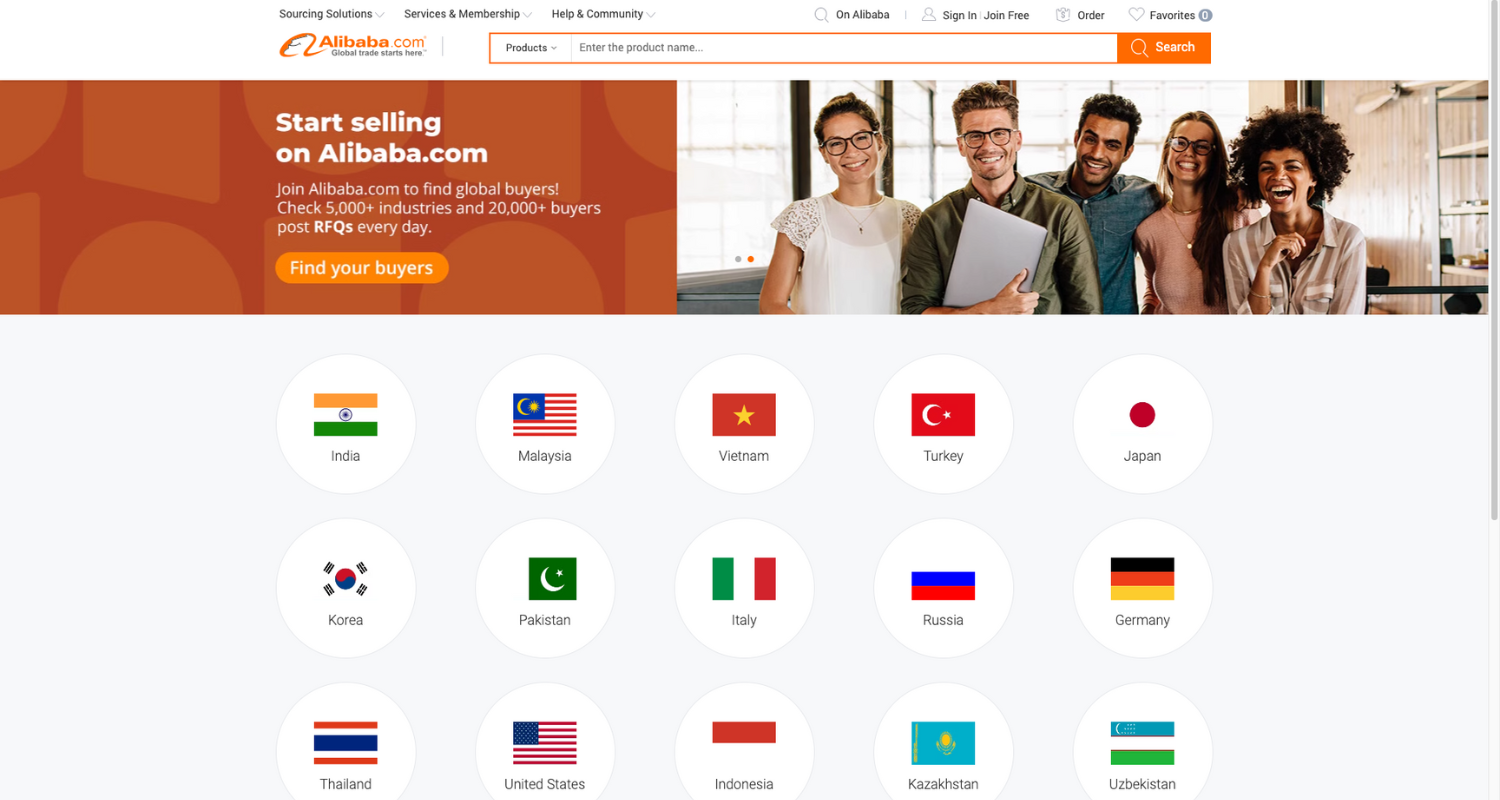
- Check Margins for International Suppliers: Suppliers from regions like China often have better margins, though with less flexibility and longer lead times. Alibaba is a reliable platform for exploring these options.
- Test Supplier Quality: Request samples, product photos, and fulfillment details to gauge each supplier’s reliability and lead times.
Once you have a list of solid suppliers, you’re ready to set up a streamlined supply chain and focus on preparing your store for the holiday shopping surge.
Step 3: Choose a Platform to Build Your Store
Estimated time: 3 hours
There are many platforms out there that can help you build your store, but for a quick start if you have no developer experience, use Shopify. It’s powerful, super easy to use, and supports both drop shipping and a constellation of apps that help your store convert more customers.
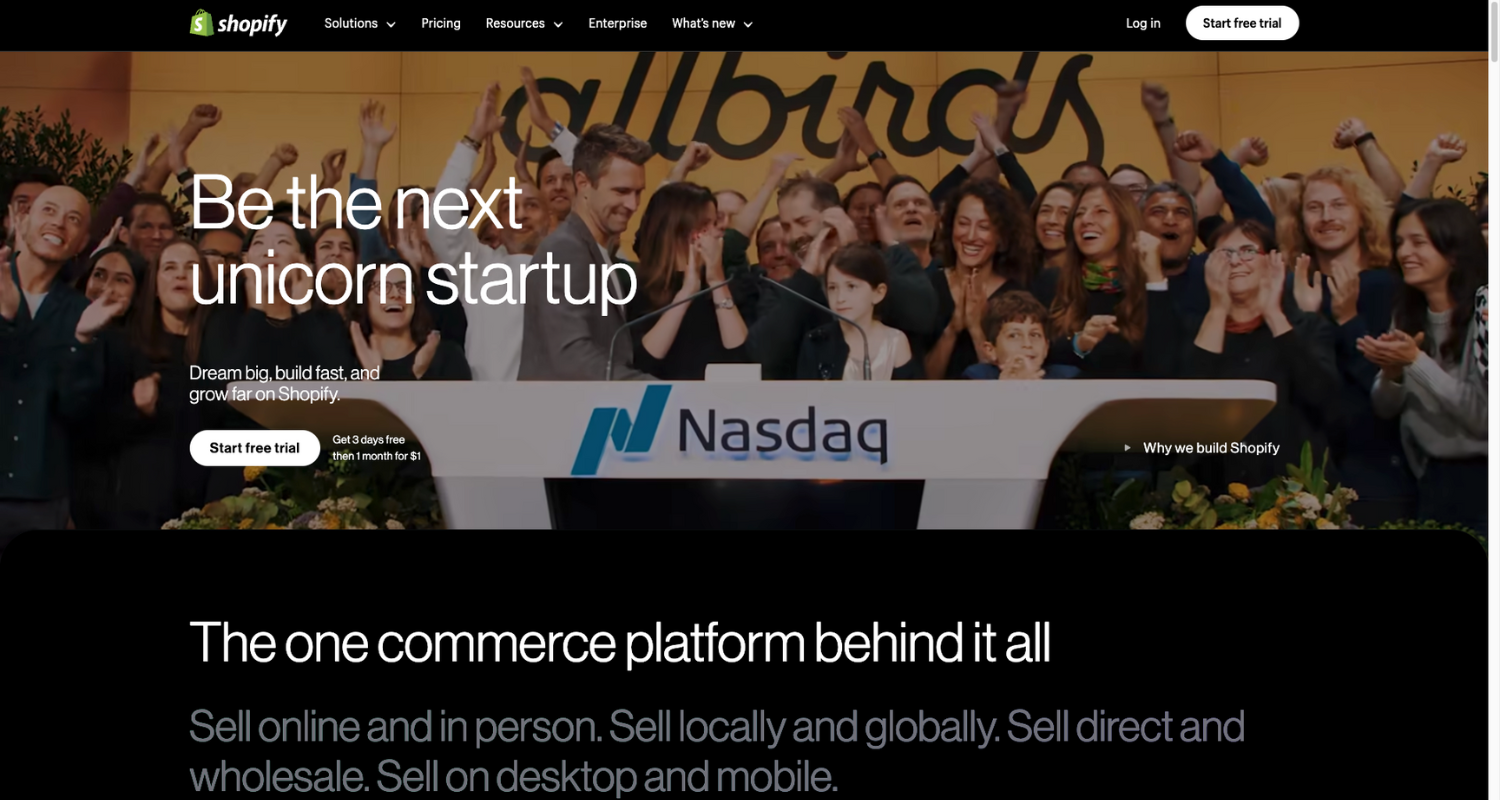
Shopify is easy to set up, intuitive, and relatively inexpensive for the convenience it offers. It also offers a free trial period and plenty of free store themes to choose from. Customize your theme as much as you see fit, but do not over-stress on little tweaks and designs. Fix your colors, images, fonts, and menus, but then focus on your products.
BFCM is just around the corner, and you will have plenty of time to fine-tune your store once the sales event is over. Once the store is up and running, then you can test and make small tweaks that will boost your conversion (preferably in January). For now, we are focusing on getting your store up and running quickly for Black Friday. So once you get an account with a supplier, start listing your products.
Step 4: List Your Products
Estimated time: Depends widely on the number of products, but to start, we would say 10-15 hours.
Focus on Quality, Targeted Items
Don’t get bogged down by wanting to add every single product to your listing before you go live. You can and should keep adding products after you launch your store. Try also to keep your store focused so your customers do not get distracted. It is better to focus on a few quality items with larger margins than a bulk supply of low-quality products with very small margins.
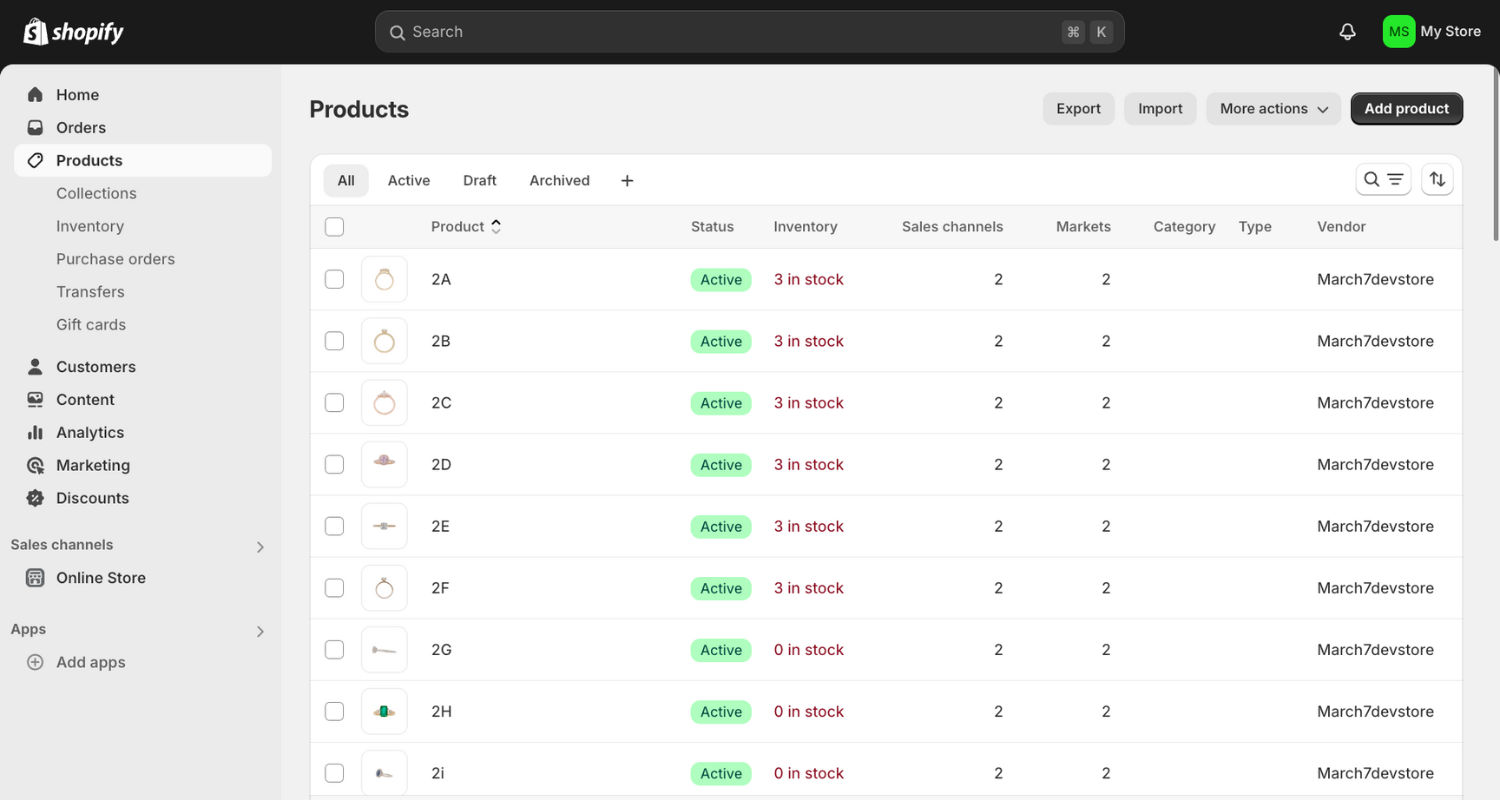
By the time you have set up your store, you should have heard back from at least a few suppliers with products they have available. You can then proceed with choosing the ones that best fit your niche. It is important to stick to your niche and not to try to sell everything under the sun.
See what suppliers have to offer, and select products you think will be most popular with the market you are targeting. If there are not enough products from your niche that are available through the supplier you have picked, consider switching to one of the other niches from your short list.
Keep in mind that uploading images, writing titles and descriptions, and optimizing metadata are some of the most time-consuming tasks (another reason to keep a narrow product line). You can always add more products to your store later as it gains traction. You don’t want to get lost in the minutia and miss your window for launching the store altogether. The goal right now is to give your store a jumpstart on the Black Friday train.
Build Your Product Pages
Once you have closed the deal with your supplier, most of your time will be spent building product pages and promoting them. Product pages are critical, so make sure they are professional looking, with quality product images on white backgrounds that are optimized for both desktop and mobile.
Ideally, your supplier will provide you with initial product photos that you will just have to upload to your store.
Make your product pages unique and engaging with quality photos, clear product titles, and unique descriptions. Make sure it is easy to navigate, your Buy Button stands out, and your shipping information is easy to find.
Set up the rest of your site, including your Return Policy page, FAQ, & About us, and you will be ready to launch.
Top Tip: Boost conversions with pro photos using the Pixc: Image Editing app. It makes your products stand out, attracting more buyers and driving sales.
Step 5: Plan Your Marketing
Estimated time: 8-12 hours. Keep in mind that the more time you invest in fine-tuning your marketing, the better results you will get.
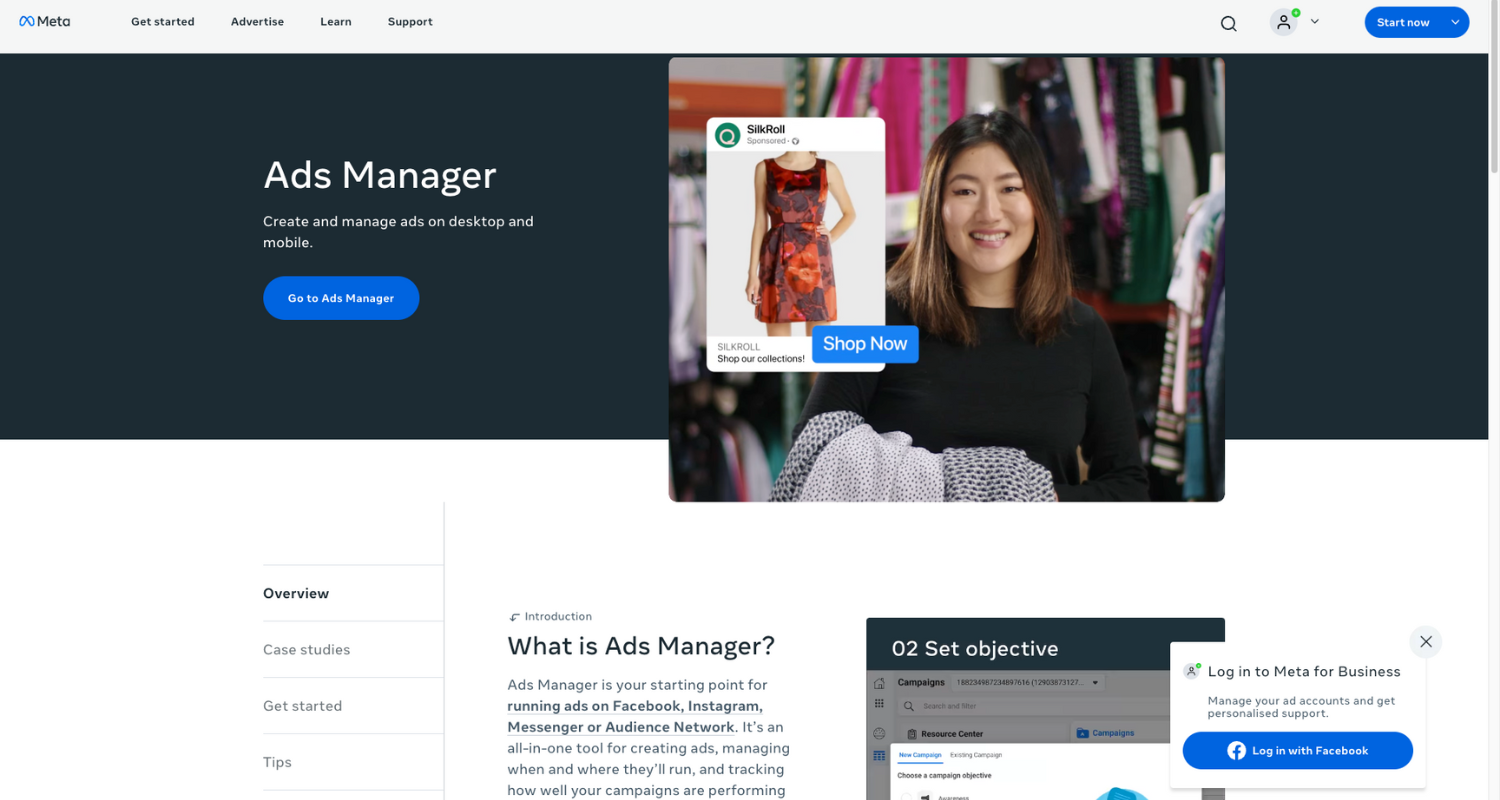
At the same time as you’re vetting suppliers,
- set up your social media channels,
- create paid ads templates, and
- research apps that will increase your conversion.
The typical ways to bring customers to your eCommerce store are PPC ads, social media posts and ads, blog posts, and email marketing. While blogs are a long-term solution and email requires you to have existing customers, the quickest way to start is with paid ads.
Set up your social media accounts on Facebook, Instagram, Pinterest and Twitter to start. You can run a highly targeted ad campaign within Facebook that can generate sales on your first day. Google ads via AdWords are also an option, but for a new store, Facebook ads can be more customizable and help you gain traction faster. You can even automate them using Shopify’s virtual assistant.
Test your ads in the days leading up to BFCM by setting daily budgets and running a few variations to see which ones are performing best. Depending on your budget and sales, you can set a daily budget for ads at $10 or $100 or more.
To improve your conversion rate and to make the best of your ad clicks, install apps in your Shopify store that nurture visitors to buy. Use Black Friday countdown timers and reminders to engage consumers and create a sense of urgency. Employ pop-ups for special offers and return customer discounts.
Quick List of Useful Shopify Apps
- JustUno – Pop-ups to advertise deep Black Friday discounts.
- Free Shipping Bar – A promotion bar that lets your customers know you are offering free shipping.
- PushOwl – Reminds your customers about sales or abandoned carts with push notifications.
- Countdown Timer Bar – Adds a countdown to create urgency for limited-time Black Friday and Cyber Monday deals.
- Vitals – Combines 40+ conversion-boosting features in one app, including reviews, upsells, and trust badges.
- Loox – Showcases customer photo reviews, building trust and social proof to encourage new shoppers.
- Frequently Bought Together – Suggests complementary products to increase average order value (AOV) with personalized recommendations.
Step 6: Test and Promote
Estimated time: 6-12 hours per week. You can invest even more time depending on your goals and your desired level of involvement.
Congrats! Your store is live, products are listed, and ads are running. Now it’s time to optimize for the BFCM rush:
From this point on, it’s time to do everything you can to optimize your store. Test what different ads and apps you can before BFCM kicks off. See what works, and repeat the cycle. Collect emails and send your existing customers discounts, free shipping coupons, and other incentives for the BFCM sale.
You can use Black Friday to jumpstart your store, get an influx of customers, and retain them by offering them a great experience.
- Test Ads and Apps: Experiment with ad creatives, audiences, and apps. Scale up what performs best for maximum impact.
- Build Your Email List: Collect emails and send out discounts and free shipping offers to drive repeat sales.
- Offer Loyalty Programs: Use loyalty rewards and referral incentives to keep customers coming back and attract new ones.
- Focus on Customer Service: Quickly handle questions and returns to create a smooth experience and build trust.
Top Tip: Don’t stress about perfecting everything before BFCM. Get the essentials in place, and refine in January.
Use BFCM to kickstart your successful drop shipping company and build a loyal customer base for long-term growth.
In Summary
Starting a drop shipping operation is surprisingly easy. And you can use BFCM to supercharge it and get a good base of loyal customers early on.
What is difficult is consistency and keeping those customers engaged and delighted so they return and tell their friends about your store. Only when you do that last bit well will you set up your store for long-term success.
- Milen Vasilev
